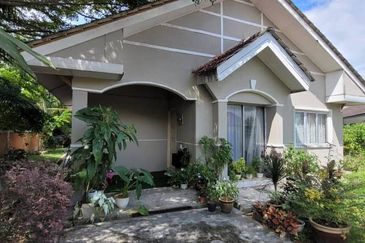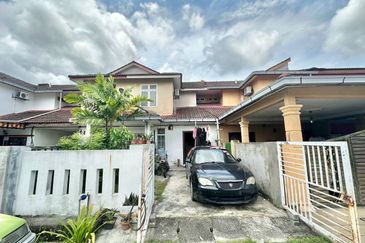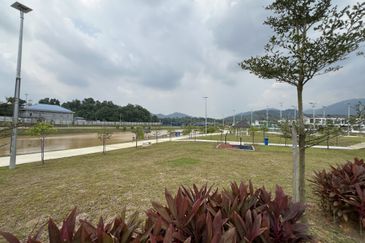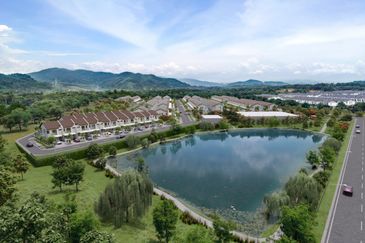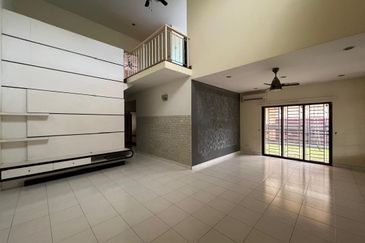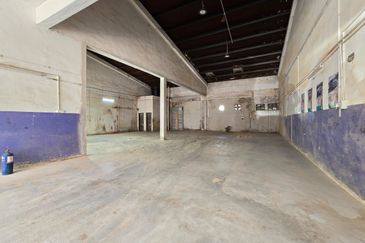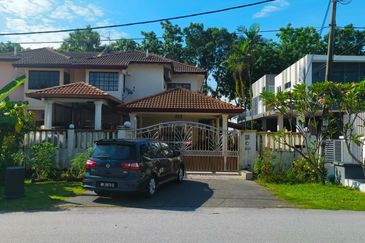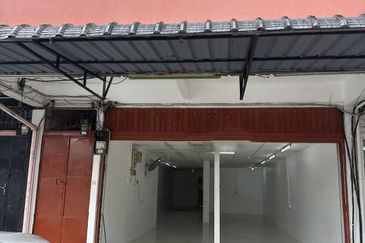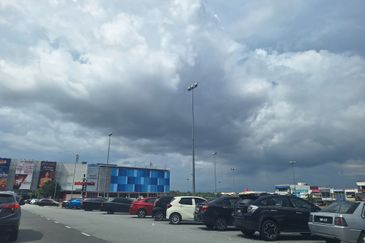
KUALA LUMPUR: Rather than subsidising the cost of senior citizen living, property industry experts suggested that reverse mortgages could better help senior homeowners be more financially independent in their golden years.
Commenting on the recently announced Budget 2017, property management, valuation & estate agency surveying vice-president of the Royal Institution of Surveyors Malaysia Choy Yue Kwong said it would be better to help unlock the value of properties owned by senior citizens than to provide them with a senior citizen socioeconomic assistance of RM300 a month as announced in Budget 2017.
“The subsidy is hardly enough for them to have a worry-free retirement. They can have a better quality of life if the government introduces reverse mortgages,” said Choy in a panel discussion entitled “Budget 2017 and the world economy impact on the property sector” at “The Malaysian Property Market: Opportunities amidst uncertainties” forum organised by Rahim & Co International on Nov 1.
The session was moderated by Rahim & Co executive chairman Tan Sri Abdul Rahim. Other panellists were Bank Negara Malaysia economic department director Fraziali Ismail and Rahim & Co’s real estate agency director Robert Ang.
A reverse mortgage is a type of home loan designed for senior homeowners. It allows senior citizens to access the home equity on a monthly basis until they die, sell or move out of the home.
Fraziali agreed that reverse mortgages are a good proposal but details of its implementation would be crucial.
Meanwhile, he pointed out that the root reason many people cannot afford to own a property is because income growth has failed to catch up with property price growth.
“Look around Southeast Asia. Are Malaysian properties really not affordable?” Fraziali asked.
“Our income level is the root reason for the so-called unaffordability.”
He added that historically, Malaysians receive lower salaries for the same jobs compared with neighbouring countries such as Singapore, and this could be due to productivity levels.
“We cannot deny that our productivity is not as high as other developed countries in Asia such as Singapore and Japan. This can be improved gradually via education and the introduction of new technology. However, for now, we need more time [to see income catch up with property price growth],” Fraziali said.
House ownership, he added, is not the “most urgent” thing to be solved in the nation right now. “We still have time to sit down and figure out the best solution. Right now, I think those in-need [of a property] but could not afford, should rent first, which the government is trying to assist by building houses to be rented to the young working group.”
Meanwhile, Ang said developers should lower their profit margins to raise affordability.
“Developers should step up and cut their profits and do their part in making properties affordable rather than to rely on the government,” Ang added.
He also urged the government to focus on stimulating the economy rather than focusing only on the property market. “Because if the economy does not do well, all industries will be in trouble.”
This story first appeared in TheEdgeProperty.com pullout on Nov 4, 2016, which comes with The Edge Financial Daily every Friday. Download TheEdgeProperty.com pullout here for free.
TOP PICKS BY EDGEPROP
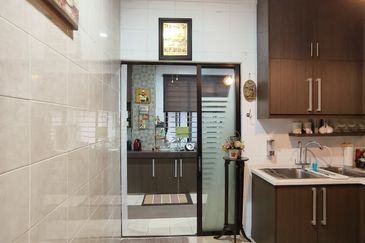
Mutiara Bukit Jalil
Bukit Jalil, Kuala Lumpur
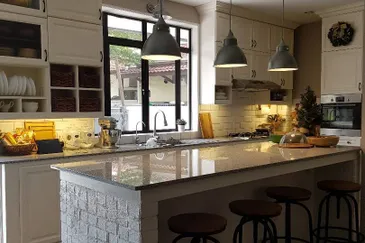
Bandar Kinrara 6
Bandar Kinrara Puchong, Selangor
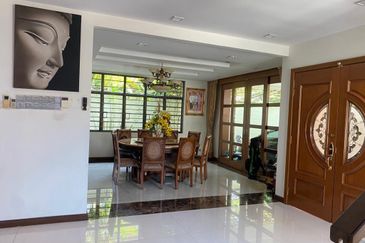
Bandar Kinrara 6
Bandar Kinrara Puchong, Selangor
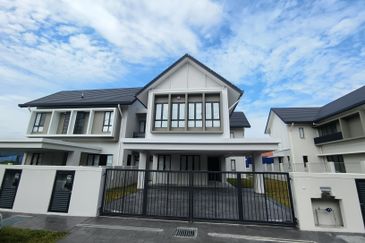
Bandar Kinrara 8
Bandar Kinrara Puchong, Selangor
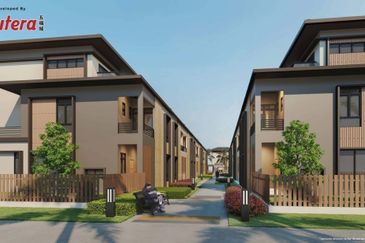
Sutera Garden Village @ Sutera Utama
Skudai, Johor
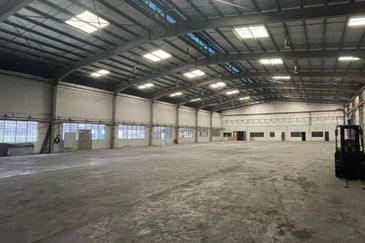
Taman Perindustrian Desa Cemerlang
Ulu Tiram, Johor
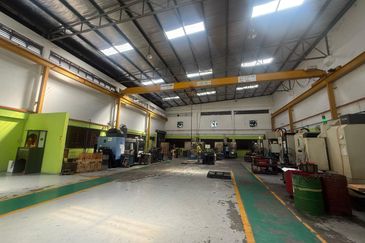
Taman Perindustrian Desa Cemerlang
Ulu Tiram, Johor
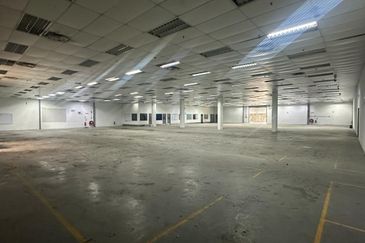
Kawasan Perindustrian Tampoi
Johor Bahru, Johor
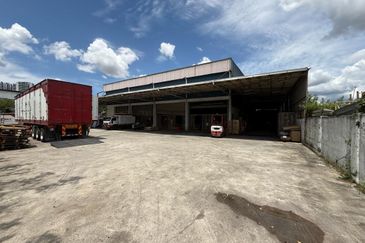
Kempas Utama Industrial Park
Johor Bahru, Johor
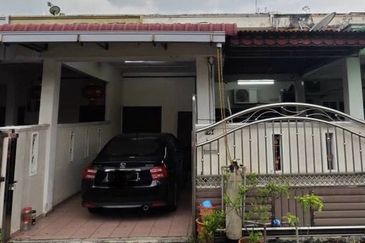
Taman Sri Pelabuhan @ Klang
Port Klang, Selangor


